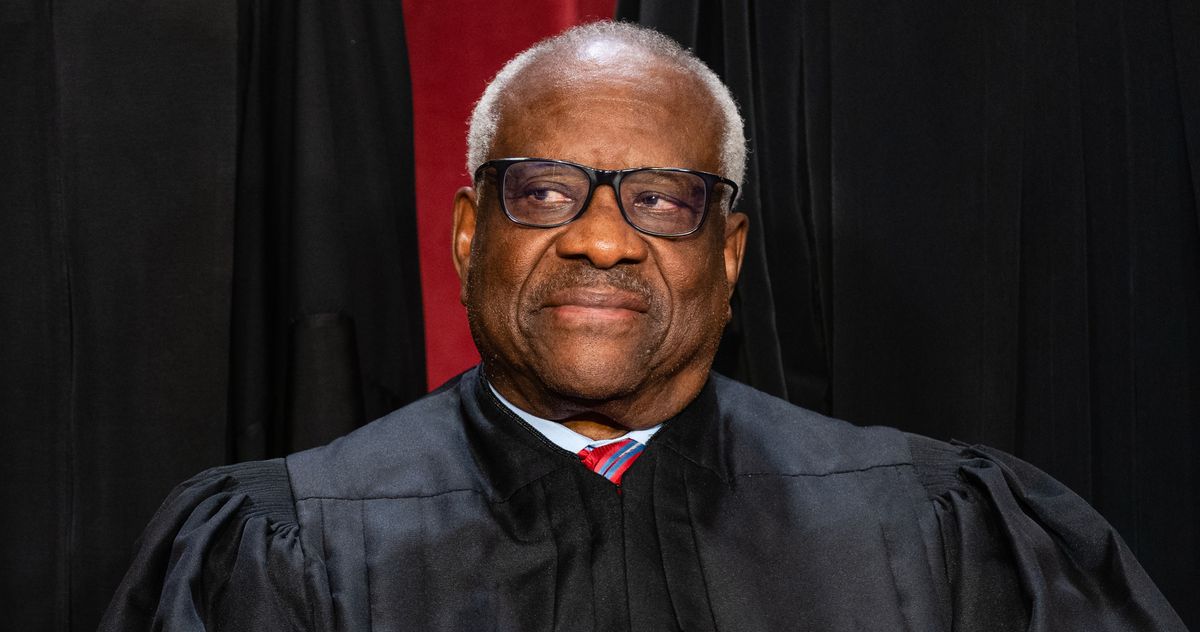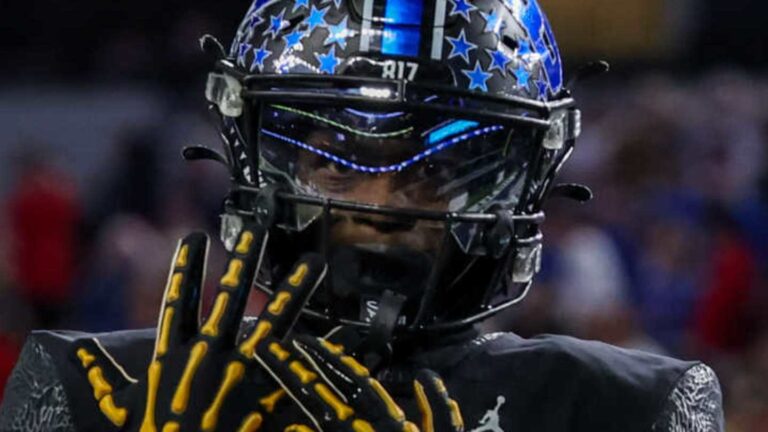
Supreme Court Shields Justice Thomas From Criminal Probe Despite Ethics Scrutiny
The United States Supreme Court has declined to investigate Justice Clarence Thomas, despite growing calls for his recusal from cases related to the January 6th Capitol riot due to his wife’s alleged involvement.
Background
In the wake of the January 6th attack on the U.S. Capitol, it was revealed that Justice Thomas’ wife, Ginni Thomas, had sent numerous emails to White House Chief of Staff Mark Meadows, urging him to overturn the results of the 2020 presidential election.
These emails, along with other evidence, have raised questions about whether Justice Thomas has a conflict of interest in cases related to the Capitol riot. Ethics experts argue that his wife’s involvement in efforts to subvert democracy could taint his impartiality.
Court’s Decision
Despite the mounting pressure, the Supreme Court has refused to investigate Justice Thomas. In a statement, Chief Justice John Roberts said that “the Court has no authority to discipline a Justice for ethical violations.” He added that “the only way a Justice can be removed from office is through impeachment by the House of Representatives and conviction by the Senate.”
Perspectives on the Decision
The court’s decision has been met with mixed reactions. Some legal scholars believe that the court is right to respect the independence of the judiciary, while others argue that it is shirking its responsibility to ensure the integrity of its proceedings.
Proponents of the Decision
- Separation of Powers: Argue that the separation of powers doctrine prevents the court from disciplining a Justice.
- Judicial Independence: Maintain that an independent judiciary is essential to the rule of law and that investigating a Justice would undermine that independence.
Critics of the Decision
- Accountability: Believe that the court has a duty to hold its members accountable for ethical violations.
- Public Trust: Argue that the court’s decision undermines public trust in the judiciary.
Ethical Considerations
The case of Justice Thomas raises important ethical questions about the role of judges and the integrity of the legal system.
Canon of Judicial Ethics
The Canon of Judicial Ethics, a set of guidelines for judges, states that judges should “avoid even the appearance of impropriety.” Some argue that Justice Thomas’s failure to recuse himself from cases related to the Capitol riot violates this principle.
Recusal
Judicial recusal is the practice of a judge abstaining from a case due to a potential conflict of interest. The decision to recuse is discretionary, but it is considered a sign of judicial integrity.
Conclusion
The Supreme Court’s decision not to investigate Justice Thomas has significant implications for the judiciary and the rule of law. It raises questions about the accountability of judges and the ability of the court to maintain the public’s trust.
While the court’s decision may be legally defensible, it is also a reminder that the judiciary is not immune to ethical scrutiny. As the highest court in the land, the Supreme Court has a responsibility to uphold the principles of justice and integrity, even when it is politically inconvenient.


